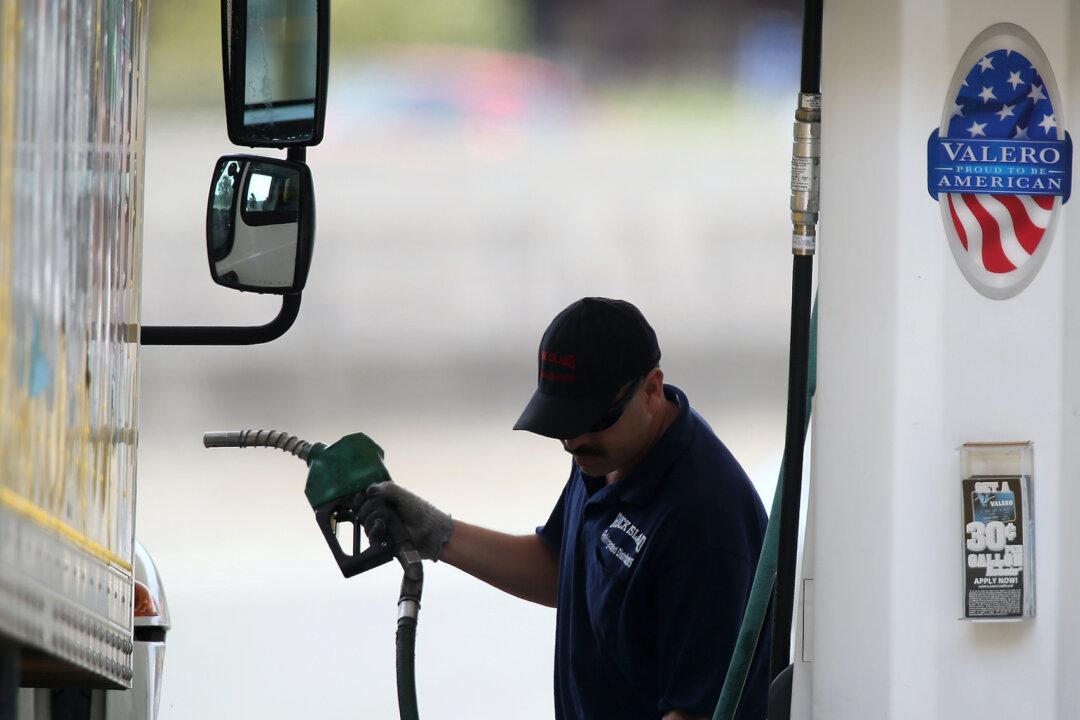Diesel has broken above the psychological barrier of $4 per gallon on average in the United States, with an industry expert saying that part of what’s pushing up prices at pumps across the country is the Biden administration’s refilling of the Strategic Petroleum Reserve (SPR) after depleting it to a 40-year low.
The latest AAA data on retail sales of diesel shows that on July 31, prices climbed to $4.036 a gallon, marking the first time since mid-May that the national average price of diesel climbed above $4 a gallon—and rising.





